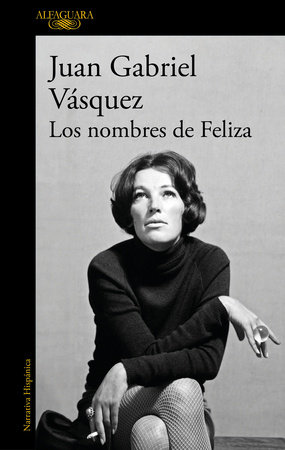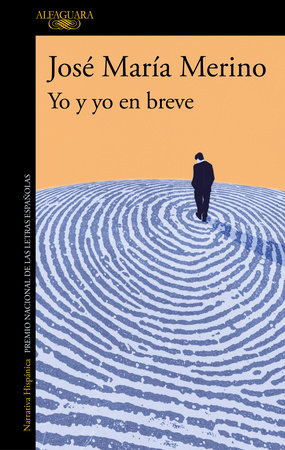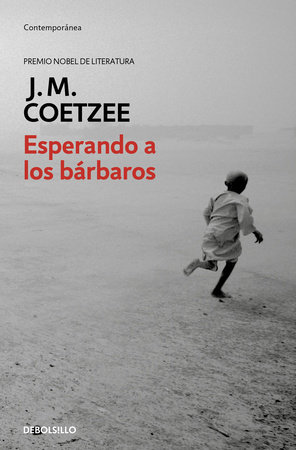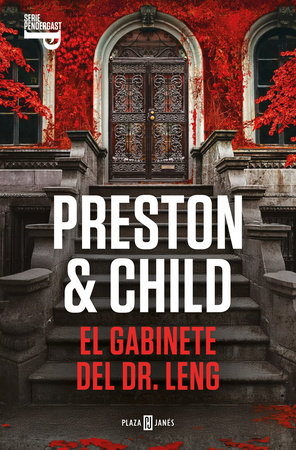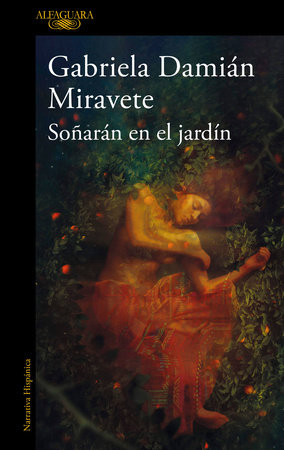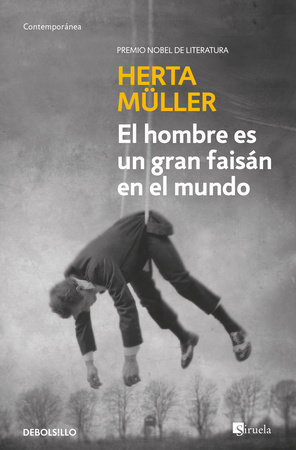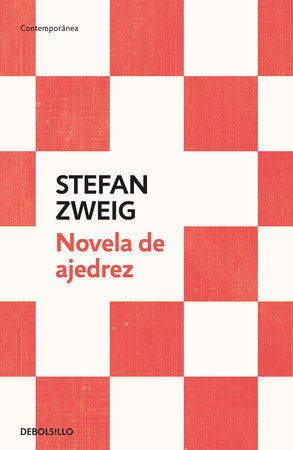En la lista de los mejores 50 libros del 2025 de Babelia
LA NUEVA NOVELA DEL AUTOR PREMIO ALFAGUARA DE NOVELA
UNA FICCIÓN CON BASE REAL SOBRE UNA ARTISTA EXCEPCIONAL QUE SUPO ENFRENTARSE A TODAS LAS CONVENCIONES DE SU MUNDO
«Vásquez ha sucedido a García Márquez como el gran maestro literario de Colombia» —Ariel Dorfman, The New York Review of Books
«Me di cuenta de que entender a Feliza era una empresa difícil. Nada era sencillo cuando se trataba de ella».
El 8 de enero de 1982, la escultora colombiana Feliza Bursztyn murió en un restaurante de París. Tenía cuarenta y ocho años. En el momento de su muerte repentina la acompañaban su marido y cuatro amigos. Uno de ellos, el escritor Gabriel García Márquez, publicó días después un artículo que incluía tres palabras en apariencia simples, pero misteriosas en el fondo: «Murió de tristeza».
Juan Gabriel Vásquez parte de esas palabras para investigar en la vida secreta o desconocida de una mujer extraordinaria. Feliza Bursztyn se enfrentó siempre a la sociedad en la que le tocó vivir. Hija de una pareja de judíos expatriados en Colombia, artista revolucionaria en un tiempo de revoluciones políticas, mujer de espíritu libre en un mundo que desconfiaba de la libertad de las mujeres, llevó una existencia que puso en escena las grandes tensiones del siglo XX y, sobre todo, el deseo de ser dueña de sí misma.
En Los nombres de Feliza el autor funde con maestría la autobiografía, la realidad y la imaginación para entregar al lector una ficción asombrosa y desgarradora sobre cómo la vida íntima de un ser humano se ve inevitablemente arrollada por las fuerzas de la historia y la política.
ENGLISH DESCRIPTION
In the list of the best 50 books of 2025 by Babelia
THE LATEST NOVEL BY THE ALFAGUARA NOVEL PRIZE WINNER.
A FICTION BASED IN REALITY ABOUT AN EXCEPTIONAL ARTIST THAT KNEW HOW TO OPPOSE THE CONVENTIONALITIES OF HER WORLD.
“Vásquez has succeeded García Márquez as Colombia’s great literary master.” —Ariel Dorfman, The New York Review of Books
“I realized that understanding Feliza was a challenging endeavor. There was nothing simple when it came to her.”
On January 8th, 1982, Colombian sculptor Feliza Bursztyn died in a Paris restaurant. She was forty-eight years old. At the time of her sudden death, she was with her husband and four of her friends. One of them, writer Gabriel García Márquez, published an article days later, which included four seemingly simple yet deeply mysterious words: “She died of sadness.”
Juan Gabriel Vásquez takes those words to begin his research on the secret or unknown life of an extraordinary woman. Feliza Bursztyn always confronted the society she lived in. Daughter of an expatriated Jewish couple in Colombia, she was a revolutionary artist in a time of political revolutions, a free-spirited woman in a world suspicious of the freedom of women, who led an existence that staged the great tensions of the twentieth century, and above all, the desire to be her own person.
In Feliza’s Names, the author skillfully blends autobiography, reality, and imagination to deliver an amazing and heart-wrenching fiction about how a human being’s private life gets inevitably trampled on by the forces of history and politics.
